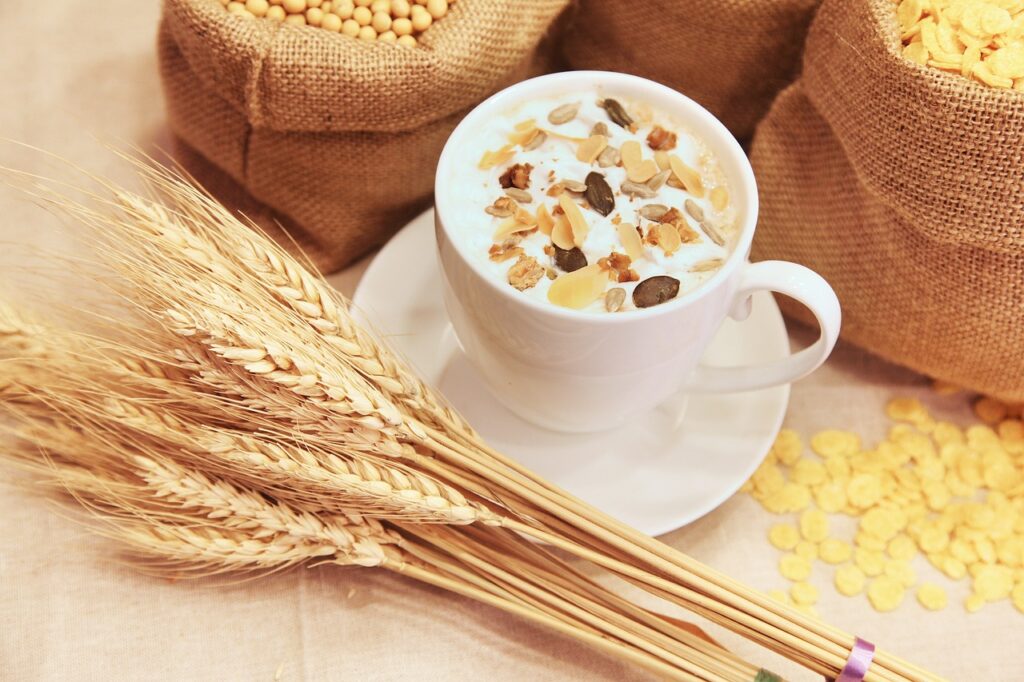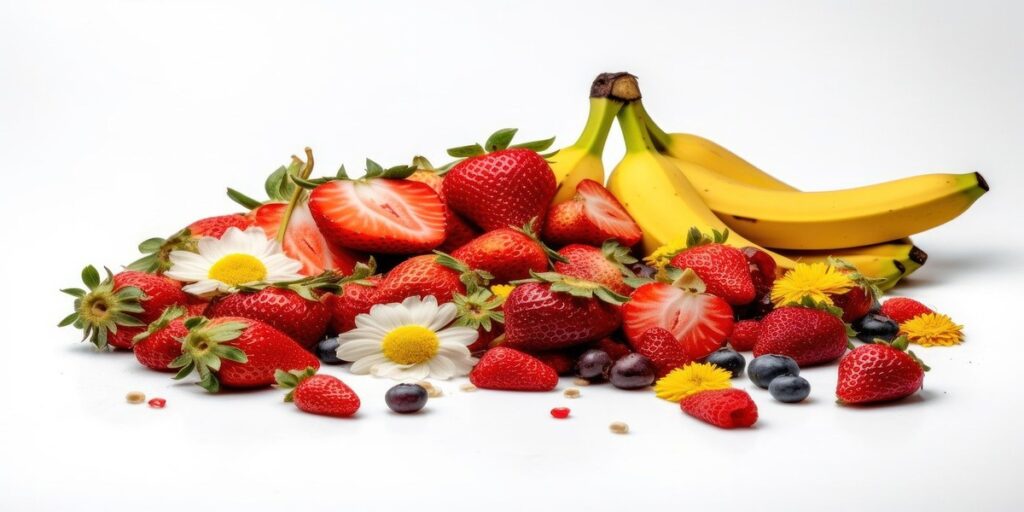Food Ideas for 7 Month Old Babies
Food Ideas for 7 Month Old Babies
Table of Contents
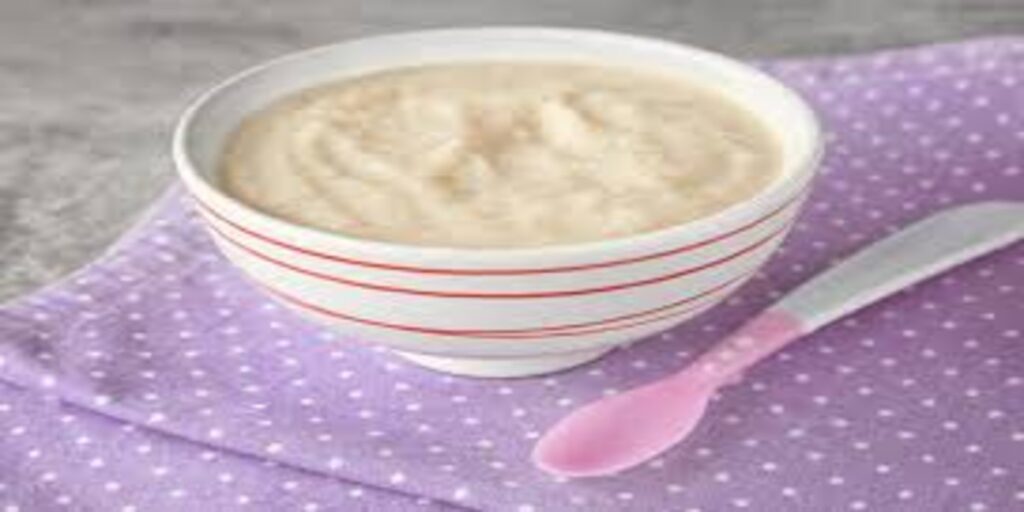
Introduction
Food Ideas for 7 Month Old Babies
Introducing solid foods to your baby can be an exciting yet challenging milestone for both parents and little onesFood Ideas for 7 Month Old Babies At 7 months old, babies are starting to explore new tastes and textures beyond milk or formula. This stage is crucial as it sets the foundation for healthy eating habits that will last a lifetime. While milk remains an important source of nutrition, the right food choices at this age will complement their diet, offering essential vitamins, minerals, and other nutrients that promote growth and development.
In this guide, we will explore a variety of food ideas tailored specifically for 7-month-old babies. These options will not only help ensure your baby receives the necessary nutrients but will also introduce them to a world of exciting flavors and textures. Whether you’re a first-time parent or seeking fresh ideas, this comprehensive list will cover everything from purees and mashed foods to soft finger foods. By the end of this article, you’ll have a well-rounded understanding of what to offer your little one, setting them on the path to healthy eating habits early on.
(Note: You can give me the headings now, and I will develop the content under each one in a way that blends seamlessly with the article.)
Video: Food Ideas for 7 Month Old Baby
Best Foods for Seven-Month-Old Babies
Food Ideas for 7 Month Old Babies
At seven months, babies are ready to explore a wider variety of solid foods while continuing to get their main nutrition from breast milk or formula. The focus at this stage is on providing nutrient-dense foods that support their rapid growth and development. The ideal foods for your baby should be soft, easy to digest, and rich in essential vitamins and minerals.
1. Pureed Vegetables
Vegetables like carrots, sweet potatoes, peas, and squash are excellent choices for 7-month-old babies. These vegetables are rich in essential nutrients such as beta-carotene, vitamins, and fiber. Steaming or boiling them until soft and then pureeing them into a smooth consistency makes them easy for babies to swallow and digest. Additionally, introducing different vegetables at this age helps develop a taste for healthy foods early on.
2. Mashed Fruits
Fruits such as bananas, apples, pears, and avocados are perfect first foods for babies due to their natural sweetness and soft texture. These fruits are loaded with essential vitamins like vitamin C, potassium, and healthy fats that support brain development. Mash them thoroughly to avoid any chunks that could pose a choking hazard. Over time, you can gradually increase the texture of the fruit to encourage chewing.
3. Iron-Rich Foods
Iron is a crucial nutrient at this stage, especially as babies’ natural iron stores from birth start to deplete around 6 months of age. Introducing iron-rich foods like pureed meats (chicken, beef, turkey) and lentils can help replenish these stores. You can also offer fortified cereals designed for infants, which are easy to mix with breast milk or formula and provide additional iron and other nutrients.
4. Whole Grains
Grains like oatmeal, quinoa, and barley are excellent sources of fiber and vitamins. Cook them until they are soft and blend them into a smooth texture. Whole grains can be combined with pureed fruits or vegetables to enhance the flavor and nutritional value. Offering these grains ensures that your baby receives a variety of nutrients and helps develop a taste for grains early on.
5. Dairy
While cow’s milk is not recommended before 12 months, dairy products like plain yogurt and mild cheese can be introduced at seven months. These foods are great sources of calcium, protein, and healthy fats, which are essential for building strong bones and muscles. Choose full-fat varieties and avoid those with added sugars or artificial flavors.
Each of these foods provides a variety of essential nutrients that contribute to your baby’s physical and cognitive development. By focusing on a balanced diet that includes vegetables, fruits, proteins, grains, and dairy, you’re setting the stage for a lifetime of healthy eating habits.
Food Ideas for 7 Month Old Babies
Foods To Avoid For 7-Month-Old Babies
While introducing new foods to your baby is an exciting journey, it’s important to be mindful of certain foods that should be avoided due to safety concerns and potential health risks. At seven months old, your baby’s digestive system is still developing, and some foods can pose choking hazards, trigger allergic reactions, or lead to illness. Here are key foods to keep off the menu for now:
1. Honey
Honey is a natural sweetener but should never be given to babies under 12 months of age. It can contain spores of Clostridium botulinum, a bacterium that can cause botulism in infants. This serious illness affects the nervous system and can be life-threatening. Even a small amount of honey can be harmful, so it’s best to completely avoid it until your baby’s first birthday.
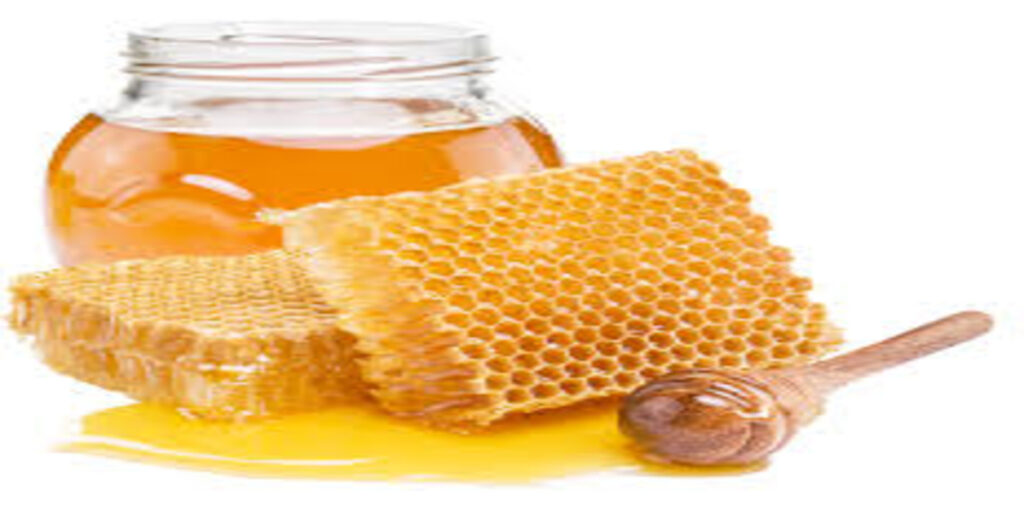
2. Cow’s Milk
While dairy products like yogurt and cheese are generally safe for babies at seven months, cow’s milk as a drink should be avoided until after the first year. Babies cannot digest cow’s milk properly, and it can put too much strain on their immature kidneys. Additionally, cow’s milk lacks the proper balance of nutrients that breast milk or formula provides, particularly the right amount of iron and vitamins.
3. Whole Nuts and Seeds
Whole nuts and seeds can easily become choking hazards for babies. Even small nuts like peanuts or seeds such as sunflower seeds are too hard for babies to chew and swallow safely. If you want to introduce nut-based foods, opt for smooth nut butters, but always monitor closely to ensure your baby doesn’t struggle with the texture.
4. Salt and Sugar
It’s best to keep salt and sugar completely out of your baby’s diet at this stage. Salt can put too much pressure on developing kidneys, and sugar can lead to early tooth decay and unhealthy eating habits. Instead of adding sugar, rely on the natural sweetness of fruits or vegetables. Avoid processed foods that might contain hidden salts and sugars as well.
5. Raw Vegetables
Raw vegetables like carrots, celery, and hard pieces of vegetables are too tough for babies to chew and can easily become choking hazards. Always cook vegetables until they are soft and easy to mash. Purees and well-steamed or boiled vegetables are the best options for introducing these foods safely.
6. Unpasteurized Foods
Avoid giving your baby unpasteurized juices, cheeses, or dairy products. Unpasteurized products can carry harmful bacteria such as E. coli or Listeria, which can lead to serious foodborne illnesses in infants whose immune systems are still developing.
7. Certain Seafood and Shellfish
Certain types of fish that are high in mercury, like swordfish, king mackerel, and tilefish, should be avoided. High mercury levels can affect a baby’s developing brain and nervous system. Shellfish, such as shrimp and crab, should also be avoided due to the risk of allergic reactions and potential contamination.
Sticking to safe and appropriate foods at this age will help ensure your baby’s health and well-being. By carefully selecting what to offer and what to avoid, you’re helping your baby explore new foods while protecting them from potential risks
Food Ideas for 7 Month Old Babies
Quantity of Food Per Day (Chart Format)
Here is a simplified chart to help guide you on the recommended quantity of food for a 7-month-old baby:
| Meal Type | Approximate Quantity | Frequency | Notes |
| Breast Milk / Formula | 24 to 32 ounces per day | Throughout the day | Milk remains the primary source of nutrition. |
| Solid Foods | 2 to 4 tablespoons per meal | 2 to 3 times per day | Gradually increase portions based on appetite. |
| Vegetables (Pureed) | 2 to 4 tablespoons | 1 to 2 times per day | Choose soft vegetables like carrots or peas. |
| Fruits (Mashed) | 2 to 4 tablespoons | 1 to 2 times per day | Offer mashed fruits like bananas or avocados. |
| Grains (Oatmeal, etc.) | 2 to 4 tablespoons | 1 time per day | Can be mixed with milk or pureed fruits. |
| Proteins (Pureed Meats/Lentils) | 1 to 2 tablespoons | 1 time per day | Start with easy-to-digest proteins like chicken. |
This chart helps ensure that your baby is getting the appropriate quantity of food while still prioritizing breast milk or formula as their main source of nutritio
Food Ideas for 7 Month Old Babies
Video: Diet Plan for a 7-Month-Old Baby
Food Recipes for 7-Month-Old Infants
Food Ideas for 7 Month Old Babies
Here are some easy and nutritious recipes specifically designed for 7-month-old babies. These recipes are gentle on their developing digestive systems while offering a range of nutrients essential for growth.
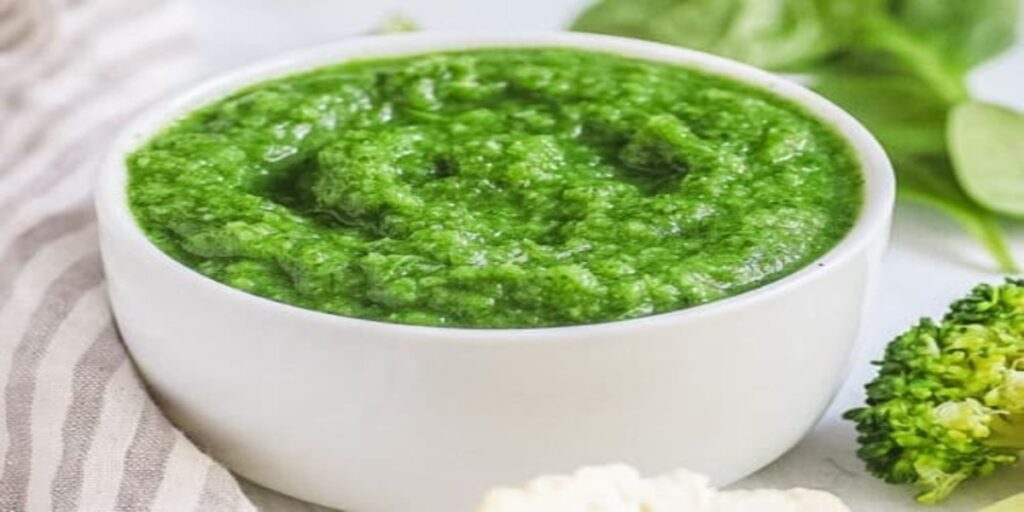
1. Sweet Potato Puree
Sweet potatoes are a rich source of vitamins and easy to digest for babies.
Ingredients:
- 1 medium sweet potato
- Water (as needed)
Instructions:
- Peel and chop the sweet potato into small cubes.
- Steam or boil the sweet potato until soft (about 10-15 minutes).
- Blend the cooked sweet potato with a little water until smooth and creamy.
- Let it cool before serving.
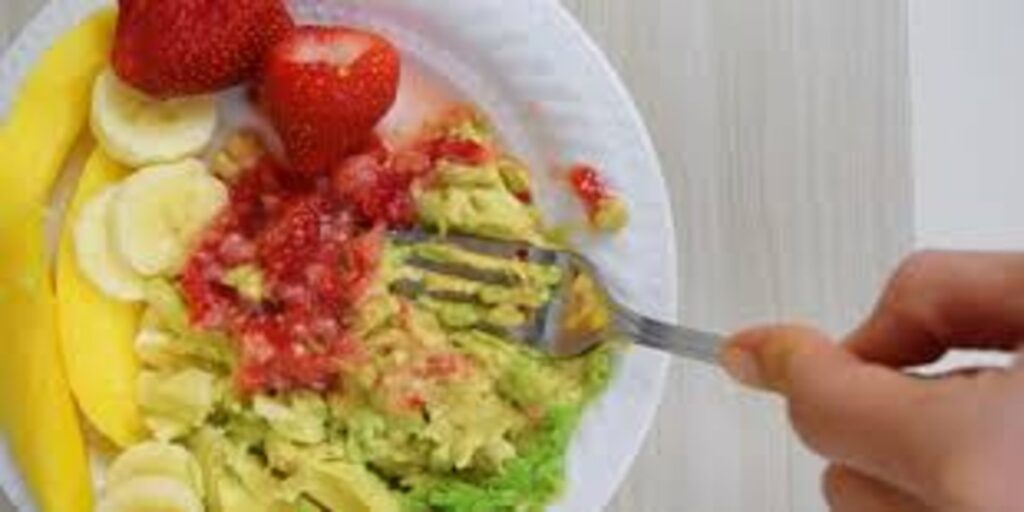
Food Ideas for 7 Month Old Babies
2. Mashed Banana and Avocado
This nutrient-packed recipe is great for healthy fats, potassium, and vitamins.
Ingredients:
- 1/2 ripe banana
- 1/4 ripe avocado
Instructions:
- Mash the banana and avocado together until smooth.
- Serve immediately to prevent the avocado from browning.
- You can also mix in a little breast milk or formula for a smoother consistency.
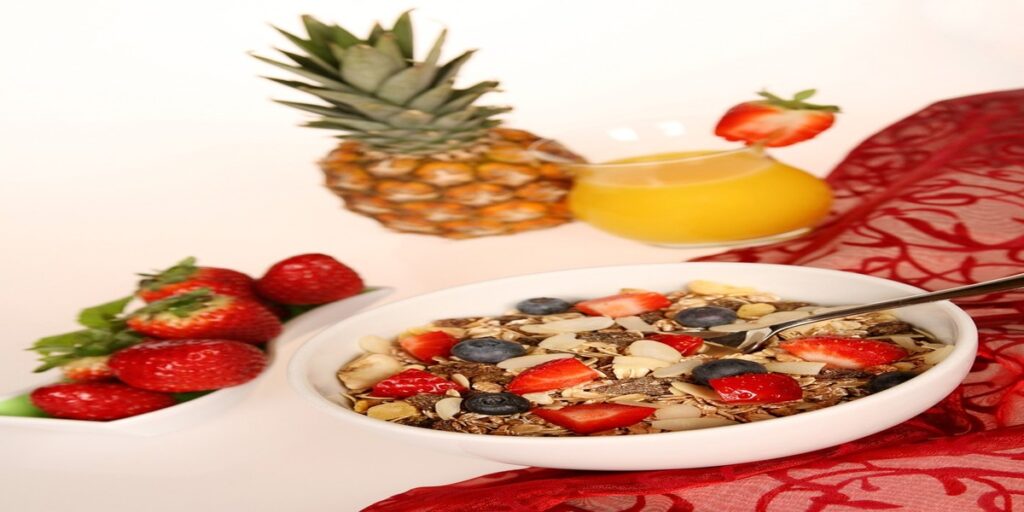
Food Ideas for 7 Month Old Babies
3. Apple and Pear Puree
A naturally sweet and flavorful puree loaded with vitamins and fiber.
Ingredients:
- 1 apple
- 1 pear
- Water (as needed)
Instructions:
- Peel, core, and chop the apple and pear into small pieces.
- Steam or boil the fruit until soft (about 10 minutes).
- Blend until smooth, adding water if necessary to achieve the desired texture.
- Allow to cool before serving.
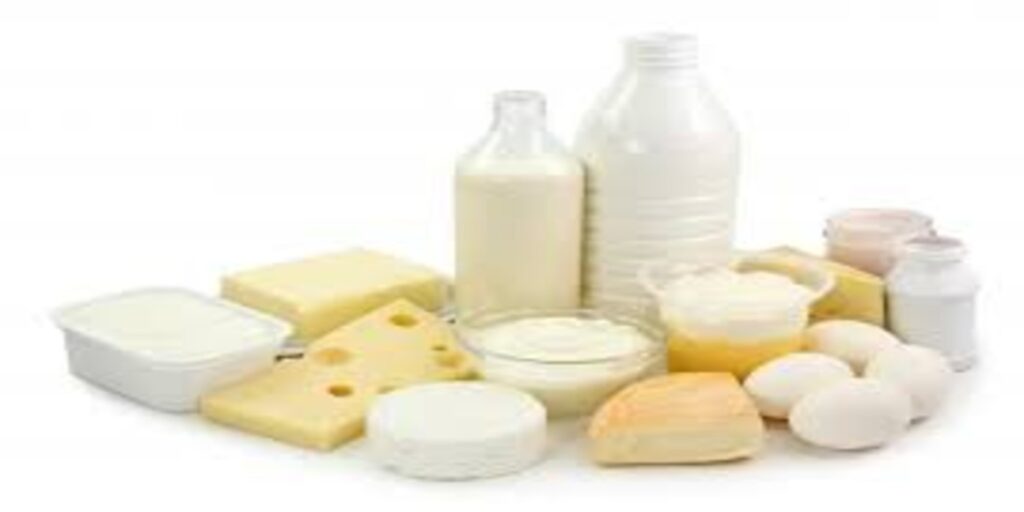
4. Oatmeal with Fruit
Oatmeal is a good source of fiber, and when combined with fruit, it becomes a nutrient-rich meal.
Ingredients:
- 2 tablespoons of baby oats
- 1/2 cup water or breast milk/formula
- 2 tablespoons of mashed fruit (banana, peach, or apple)
Instructions:
- Cook the oats in water or milk according to package instructions until soft.
- Stir in mashed fruit and mix well.
- Let the oatmeal cool slightly before serving.
Food Ideas for 7 Month Old Babies
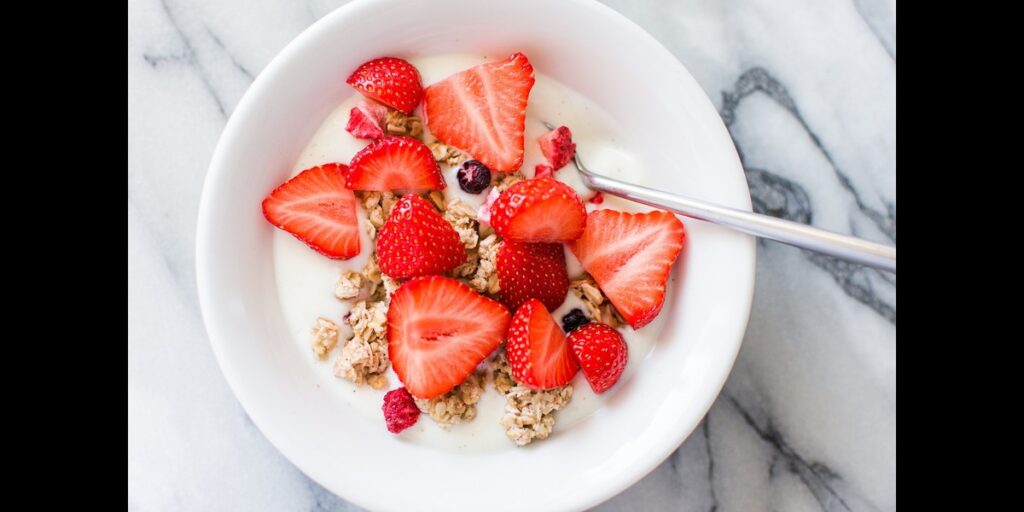
5. Carrot and Lentil Puree
A protein-packed and vitamin-rich puree ideal for introducing babies to legumes.
Ingredients:
- 1/4 cup red lentils
- 1 medium carrot (peeled and chopped)
- Water or unsalted vegetable broth
Instructions:
- Boil the lentils and carrots together in water or broth until both are very soft (about 20 minutes).
- Drain any excess water and blend the mixture until smooth.
- Serve warm after cooling to a safe temperature.
Tips:
- Always introduce new ingredients one at a time to monitor any potential allergies.
- Adjust the consistency by adding breast milk, formula, or water to make the food easier to swallow.
These simple, nutritious recipes will help your baby explore new flavors and textures, all while supporting their growth and development.
Food Ideas for 7 Month Old Babies
Feeding Tips for 7-Month-Old Babies
Introducing solid foods to your baby can be a joyful experience, but it can also come with its challenges. Here are some helpful feeding tips to ensure that your baby’s transition to solids goes smoothly while fostering healthy eating habits:
Food Ideas for 7 Month Old Babies
1. Start Slow and Be Patient
Your baby is still getting used to the idea of eating solid foods, so take it slow. Offer one new food at a time, and wait a few days before introducing another to watch for any allergic reactions. Patience is key—some babies may not like a new food right away but might enjoy it after a few tries.
2. Follow Baby’s Hunger Cues
Babies are good at signaling when they’re hungry or full. Look for signs like opening their mouth eagerly, leaning forward, or reaching for food to indicate hunger. If your baby turns their head away, pushes food away, or closes their mouth, they may be full. Respect their signals to prevent overfeeding.
3. Make Mealtimes Fun and Relaxed
Keep the atmosphere positive during meals. Avoid pressuring your baby to eat; instead, make it an enjoyable experience. Babies often mimic their parents, so showing enjoyment and modeling good eating habits can encourage your baby to try new foods.
4. Offer a Variety of Textures
By seven months, your baby can start experimenting with different textures. Start with purees and gradually introduce thicker, mashed foods and soft finger foods. This helps them develop chewing skills and become familiar with a variety of textures early on.
5. Avoid Distractions During Mealtimes
When feeding your baby, try to limit distractions such as TV or mobile devices. Focus on the experience of eating together. This helps your baby become more aware of what they’re eating and builds healthy eating habits from the beginning.
Food Ideas for 7 Month Old Babies

6. Keep Portions Small
Babies have small stomachs, so start with small portions and let them ask for more if they’re still hungry. This prevents overwhelming your baby and helps them gradually adjust to larger portions as they grow.
7. Maintain a Regular Feeding Schedule
Establishing a feeding routine with regular meal and snack times helps your baby understand when to expect food and creates a sense of security. A consistent schedule will also help with their overall development and prevent erratic eating patterns.
8. Introduce Water in Small Amounts
At this stage, breast milk or formula still provides most of the hydration your baby needs. However, you can introduce small amounts of water during mealtimes to help with swallowing and digestion. Make sure not to replace milk with water as their primary drink just yet.
Food Ideas for 7 Month Old Babies
9. Encourage Self-Feeding
Allowing your baby to explore self-feeding with soft finger foods helps build motor skills and independence. Even if it’s messy, it’s an important step in their development. Soft foods like small pieces of banana, steamed vegetables, or soft cheese are good options for this stage.
10. Watch for Allergic Reactions
When introducing new foods, keep an eye on your baby for signs of allergic reactions such as rashes, vomiting, diarrhea, or difficulty breathing. If you notice any of these symptoms, stop offering the food and consult your pediatrician immediately.
These feeding tips can make the introduction of solid foods a smooth and enjoyable process for both you and your baby. By fostering healthy eating habits early on, you’re setting your baby up for a lifetime of balanced nutrition and positive mealtime experiences.
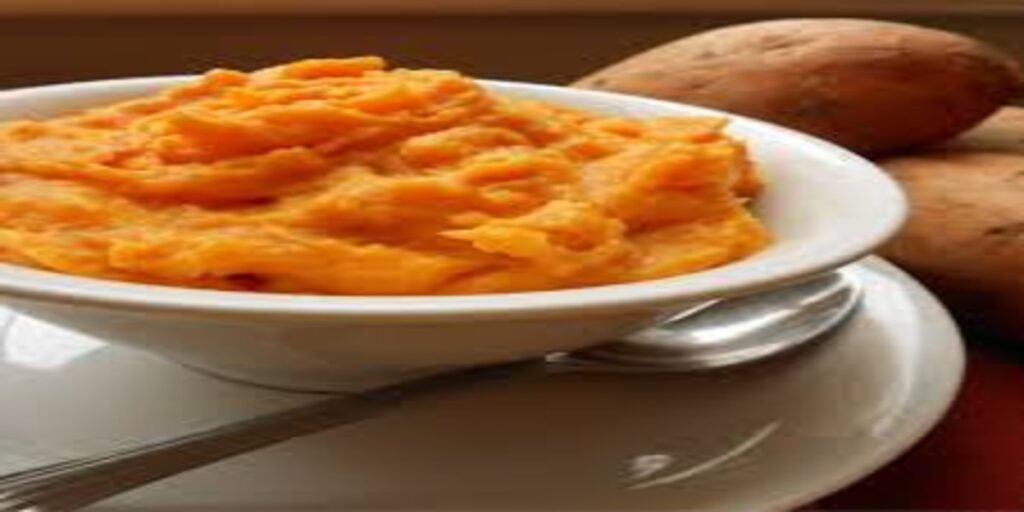
Food Ideas for 7 Month Old Babies
FAQs
What should a 7 month old baby be eating?
At 7 months old, your baby should be eating:
- Breast Milk or Formula: 24 to 32 ounces per day.
- Solid Foods: Offer 2 to 3 times per day, including:
- Fruits: Mashed or pureed (e.g., bananas, apples).
- Vegetables: Pureed or well-cooked (e.g., carrots, sweet potatoes).
- Grains: Iron-fortified cereals or soft cooked grains (e.g., oatmeal).
- Proteins: Pureed meats or lentils.
- Dairy: Plain yogurt or mild cheese.
Water: Small amounts can be introduced at mealtimes.
Food Ideas for 7 Month Old Babies
What food can I cook for my 7 month old baby?
For a 7-month-old baby, you can cook:
- Sweet Potato Puree: Steam and blend sweet potatoes until smooth.
- Mashed Banana and Avocado: Mash together until smooth.
- Apple and Pear Puree: Steam or boil, then blend until smooth.
- Oatmeal with Fruit: Cook oats and mix with mashed fruit.
- Carrot and Lentil Puree: Cook carrots and lentils until soft, then blend.
These foods are nutritious and easy for your baby to digest.
Can a 7 month old eat rice?
Yes, a 7-month-old can eat rice. Start with well-cooked, soft rice or rice cereal. Ensure it is easy to digest and not a choking hazard. You can mix it with pureed vegetables or fruits to add flavor and nutrients.
Food Ideas for 7 Month Old Babies
Can I give my 7 month old eggs?
es, you can give your 7-month-old eggs, but make sure they are fully cooked. Start with scrambled eggs or hard-boiled egg yolks. Watch for any signs of allergies and introduce eggs slowly, observing for any reactions.
What food to give baby first?
When introducing solid foods to a baby, start with:
- Single-Grain Cereals: Iron-fortified rice or oatmeal cereal mixed with breast milk or formula.
- Pureed Vegetables: Like sweet potatoes, carrots, or peas.
- Mashed Fruits: Such as bananas, apples, or pears.
These are easy to digest and less likely to cause allergies.
What to feed a 7 month old for breakfast, lunch, and dinner?
Food Ideas for 7 Month Old Babies
For a 7-month-old, here are simple meal ideas for breakfast, lunch, and dinner:
Breakfast:
- Oatmeal: Cooked and mixed with mashed fruit like banana or apple.
- Breast Milk/Formula: Continue to offer 4-6 ounces.
Lunch:
- Pureed Vegetables: Such as sweet potatoes, carrots, or peas.
- Breast Milk/Formula: 4-6 ounces.
Dinner:
- Mashed Meat or Lentils: Pureed chicken or lentils mixed with a soft vegetable.
- Breast Milk/Formula: 4-6 ounces.
Adjust portions based on your baby’s appetite and ensure all foods are well-cooked and easy to digest.
Food Ideas for 7 Month Old Babies
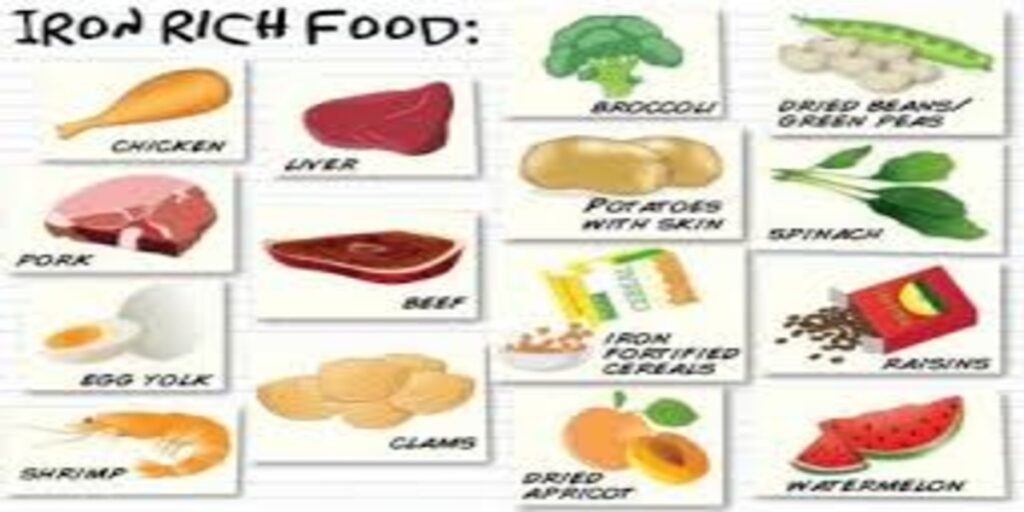
Can I Give Eggs to a 7-Month-Old Baby?
Food Ideas for 7 Month Old Babies
Yes, you can introduce eggs to your 7-month-old baby, but it’s important to do so carefully. Eggs are a great source of protein, vitamins, and minerals, making them a highly nutritious addition to your baby’s diet. However, there are some guidelines to follow to ensure safety and avoid potential allergic reactions.
1. Start with Cooked Eggs
When introducing eggs to your baby, make sure they are fully cooked. Raw or undercooked eggs can carry the risk of salmonella, which is harmful to babies. Scrambled eggs, hard-boiled eggs, or a simple egg yolk puree are safe options. Ensure the eggs are soft and easy to swallow.
2. Separate Yolks and Whites (If Concerned About Allergies)
Eggs, particularly the egg whites, are known allergens. If your family has a history of allergies, you may want to start by introducing only the egg yolk, which is less likely to cause an allergic reaction. You can offer mashed or pureed yolk and wait a few days before trying the egg white.
3. Monitor for Allergic Reactions
When giving eggs for the first time, start with a small amount and closely monitor your baby for signs of an allergic reaction. Symptoms may include rashes, hives, swelling, vomiting, or difficulty breathing. If you notice any of these symptoms, discontinue feeding eggs and consult your pediatrician immediately.
4. Avoid Adding Salt or Seasonings
Babies don’t need added salt or seasonings in their food. When preparing eggs, keep them simple—just cook them without any added salt, butter, or spices. The natural taste of the egg is sufficient for your baby.
Food Ideas for 7 Month Old Babies
5. Frequency of Offering Eggs
Once your baby has successfully tried eggs without any allergic reactions, you can incorporate them into their diet 2-3 times per week. Eggs can be served as a standalone meal or mixed with other baby-friendly foods like mashed vegetables or oatmeal.
6. Nutritional Benefits of Eggs
Eggs are a nutrient-dense food. They provide high-quality protein, healthy fats, vitamin D, B vitamins, iron, and important minerals like zinc. Including eggs in your baby’s diet helps support their overall growth, brain development, and immune system.
In conclusion, eggs can be a healthy and safe option for your 7-month-old baby as long as they are introduced in a careful and controlled manner. Fully cook the eggs, introduce them gradually, and monitor for any signs of allergic reactions. Eggs offer a wide range of nutrients that can contribute positively to your baby’s growth and development
Food Ideas for 7 Month Old Babies
